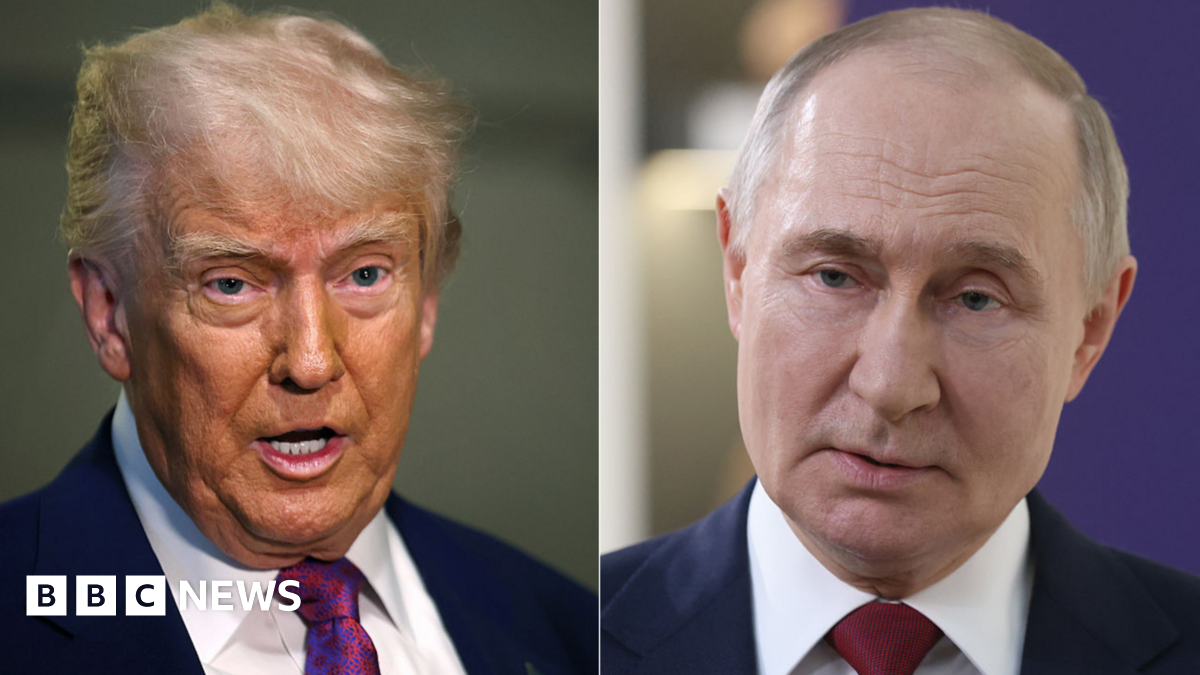Liverpool Parade Tragedy: How Online Hate Mongers Tried to Exploit the Chaos

The joyous scenes of Liverpool's Premier League victory parade turned to horror on Monday, November 1st, 2023, as reports of an explosion near the celebration emerged. Amidst the initial confusion and anxiety, a disturbing trend unfolded online: a rapid and coordinated attempt by online hate peddlers to falsely frame the incident as an Islamist terror attack. This article examines the immediate aftermath, the dangerous misinformation that spread like wildfire, and the motives behind those who sought to exploit tragedy for their own divisive agendas.
My own initial reaction, like many with connections to those present, was one of frantic worry. I attempted to reach a relative who was amongst the celebrating crowds. However, as I turned to social media for updates, I was confronted with a deluge of premature and often inflammatory speculation. The platform X (formerly Twitter) became a breeding ground for unverified claims, fueled by individuals seemingly eager to assign blame before any facts were established.
The speed and intensity with which the narrative of an Islamist terror attack was pushed were particularly alarming. Accounts with a history of spreading extremist views and promoting anti-Muslim sentiment were among the most vocal proponents of this false narrative. They amplified rumours, shared misleading images, and actively discouraged responsible reporting. The coordinated nature of this online campaign suggested a deliberate effort to exploit the tragedy to sow division and fear.
It's crucial to understand the motives behind such behaviour. For these individuals, the Liverpool incident presented an opportunity to reinforce pre-existing biases and prejudices. By falsely linking the event to Islamist extremism, they aimed to demonize an entire community and justify discriminatory policies. The desire for attention and validation within online echo chambers undoubtedly played a role as well. Spreading sensationalist and divisive content often generates engagement and notoriety, regardless of the real-world consequences.
The eventual revelation that the incident involved an individual with a history of mental health issues and prior involvement with law enforcement significantly undermined the false narrative. Yet, the damage had already been done. The rapid spread of misinformation had fueled anxiety, heightened tensions, and contributed to an atmosphere of mistrust. The incident serves as a stark reminder of the dangers of unchecked online hate and the urgent need for greater accountability on social media platforms.
Moving forward, it is imperative that we remain vigilant against attempts to exploit tragedy for political gain. Fact-checking, responsible reporting, and a critical approach to online information are essential tools in combating the spread of misinformation. We must also hold social media platforms accountable for the content hosted on their sites and demand greater transparency in their algorithms and moderation policies. The Liverpool tragedy should serve as a cautionary tale – a reminder that online hate has real-world consequences and that we all have a responsibility to challenge it.
The investigation is ongoing, and the full details of the incident are still emerging. However, one thing is clear: the attempt to weaponize the tragedy for ideological purposes was a reprehensible act that must be condemned in the strongest possible terms.






